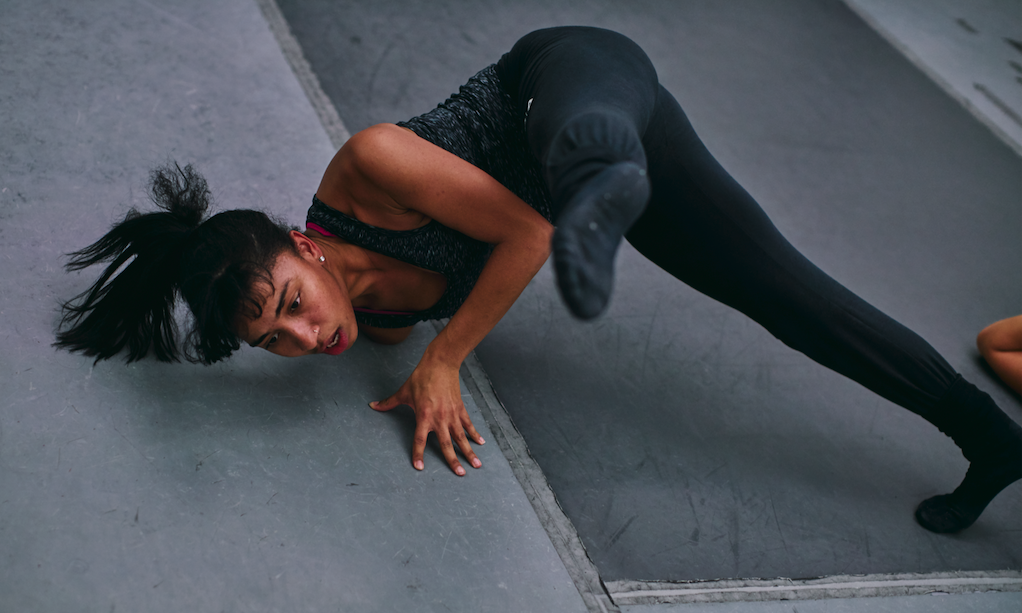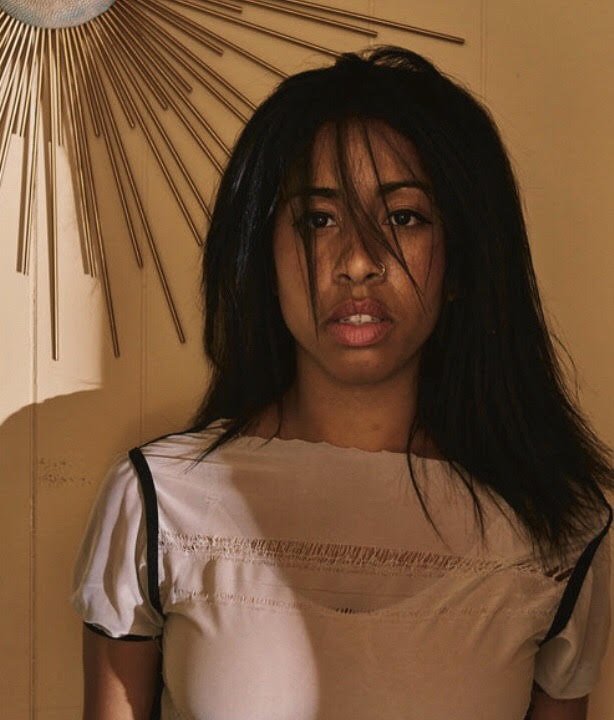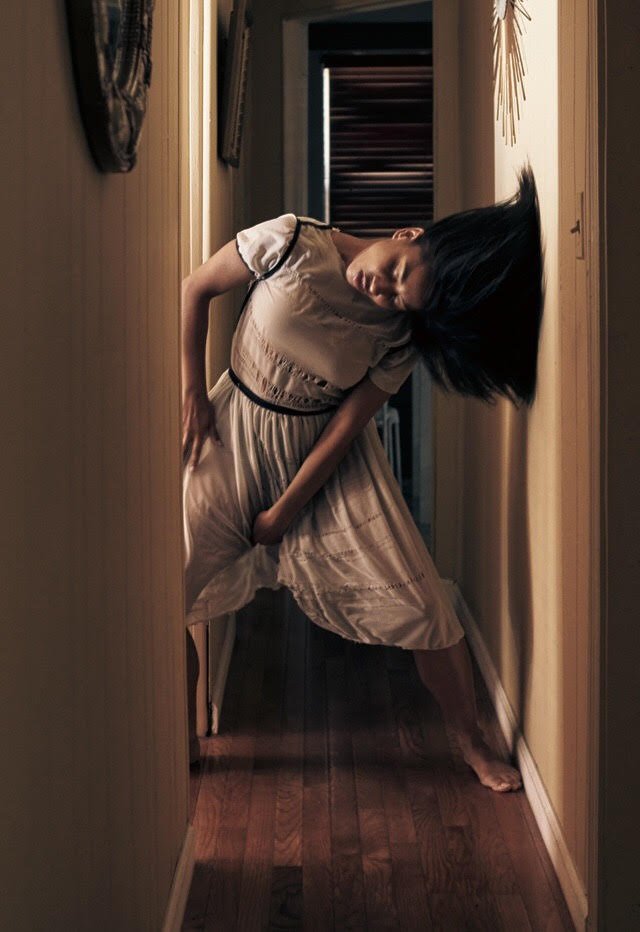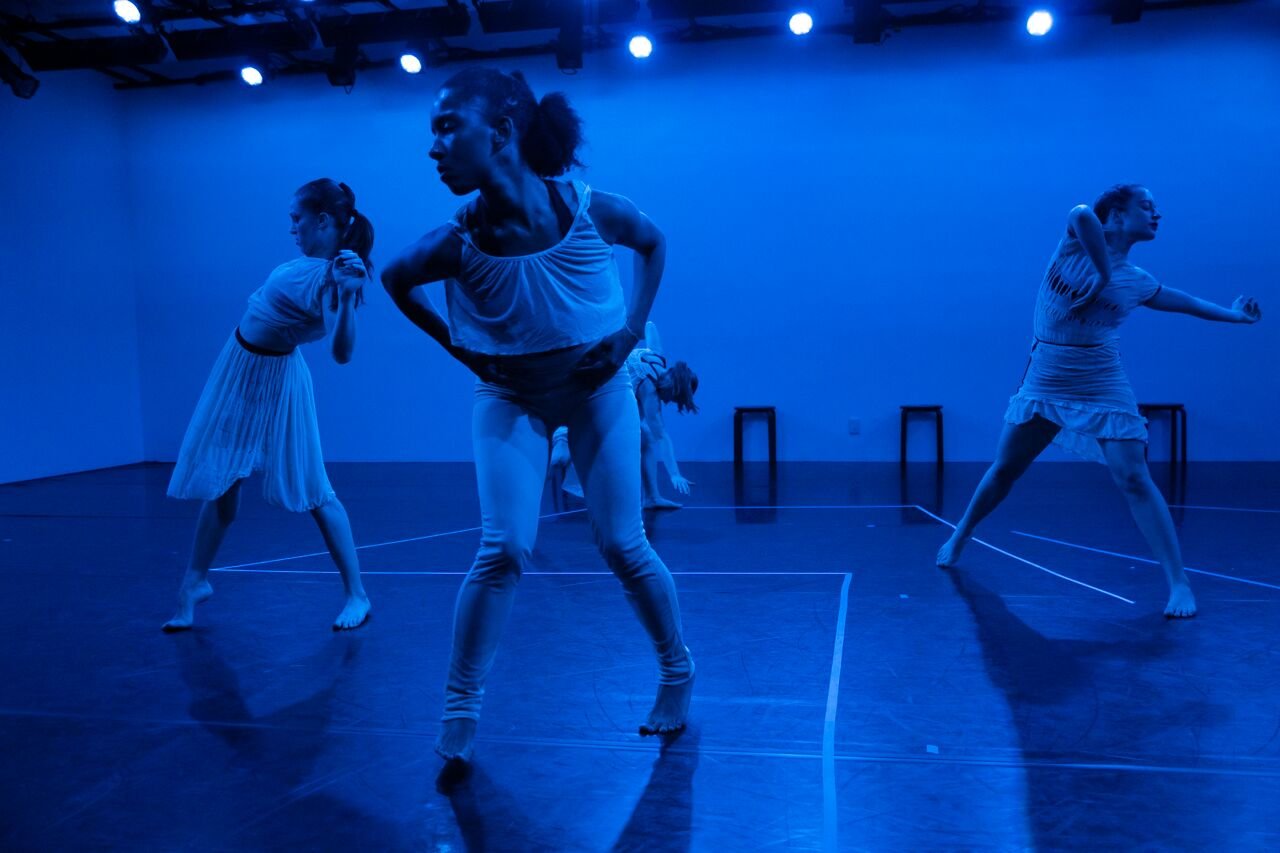Megan Curet




Megan Curet is Puerto Rican American Bronx native performer, choreographer and educator. Her works draw on Afro-Latin rhythm and movement through mixed media, text and contemporary dance forms. Curet's work has been performed and taught to audiences, across continents; countries range from Cuba, Palestine, Israel, Germany, France, The UK, Armenia and Ecuador. Alongside her career as a performer and dance educator, Curet founded NYC based contemporary dance company Curet Performance Project in 2012 and online dance publication TiLLT Magazine in 2017.
She graduated from Queens college with a BA in Theater and Dance Performance before training at the Martha Graham School in New York City. She later received a Masters in Dance Studies at Roehampton University in London. Her previous commissions include Bronx Academy of Art and Dance, Bronx Art Space and El Museo del Barrio in NYC. She has also held residencies at Berlin's Lake Studios and Tanzhaus Zürich.
Overarching praxis statement:
"En Ritmo: A Praxis in Deconstruction as a Form of Resistance" is a practice-based research in the decolonization of bodies in culturally hegemonic spaces. My research aims to explore centuries of whitewashing of specifically Afro-Latin dance forms in order to deconstruct practices in current dance spaces and to forge new spaces of inclusivity relevant to other dance forms. How has the history of whitewashing impacted Afro-Latin dance? How does the current political climate continue to inform the collective resistance taking shape in dance throughout Latin America? Lastly, how can deconstructing these systems re-define traditional dance modules?
Current art and/or research interest:
En Ritmo invites bodies into a space to engage in modes of resistance through a combination of Afro-Latin rhythm and footwork as the basis for dance training that allows the mover to explore various rhythmic patterns that were initially motivated by song, percussion and dance. Shared workshop spaces create havens for ideologies around deconstruction and reconstruction; when informed by historical context and movement dialogue, these workshops can serve as a foundation for a new mode of researching bodies in spaces. The goal is to re-envision traditionally informed dance spaces and, in fact, to redefine the way we teach movers to access their bodies in such spaces.
More about the artist: HERE
